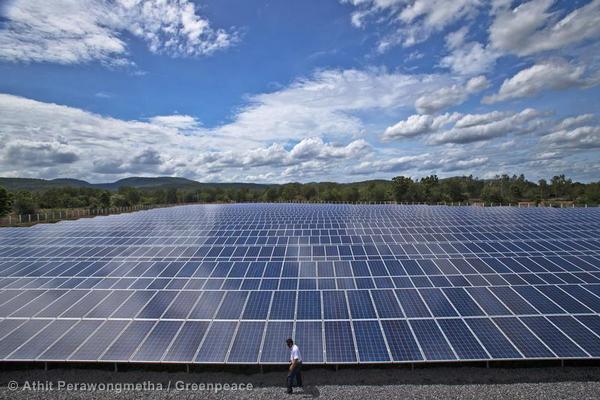
Sources of renewable energy
There are many different sources of renewable energy, including the sun, wind, biomass, geothermal energy, and water. All of these resources are free and endless. Renewable energy is vital in combating climate changes because fossil fuels contribute a lot to the greenhouse gases that cause global warming.
Biomass is a type of renewable energy. It converts organic materials, such as wood, grasses and other plants, into electricity. This process is more efficient and cleaner than burning fossil fuels. Additionally, biomass can produce power at a fraction of the cost of fossil fuels. Biomass is a common source of renewable energy because it does not emit carbon dioxide into the atmosphere, which contributes to global warming and climate change.

Renewable energy sources have negative environmental impacts
Renewable energy has many environmental benefits, both for the environment and people. Massive carbon dioxide emissions are caused by fossil fuel-dominated electricity production. 40 percent of America's total energy-related greenhouse gases emissions are due to electricity generation. China's electricity generation produced just over 2 billion tons of CO2 in 2007. The fossil-fuel combustion of fossil-fuels also creates other air pollutants like NOx, sulfur dioxide and carbon monoxide. These pollutants are extremely toxic and contribute to air pollution. These pollutants also place pressure on water resources.
Renewable energy sources reduce pollution and emissions, but they also boost the economy, create employment, and help to alleviate poverty. Renewable energy will provide half of the world's energy by 2050. This is a significant number and will produce more than 140x the global energy demand. Germany's successful renewable energy industry has seen employment rises of up 55% since 2004.
Public opinion on renewable energies
According to a new survey, most Americans prefer renewable energy sources over fossil fuels. There are differences in opinions depending on party. Democrats tend to favor regulation of renewable energy development. Republicans, however, prefer free markets to drive this transition. Public opinion on renewable energy sources varies by party. However, it is clear that most people support the use of renewable energy as an alternative to fossil fuels.

The study found that 72 percent of national respondents view renewable energy sources favorably, while 78 percent view them as unfavorable. The proportion of those who didn't know much about renewable energies was significantly greater than that for nuclear and oil.